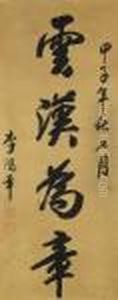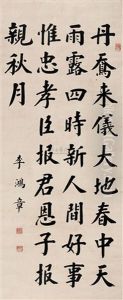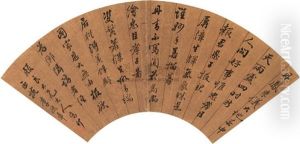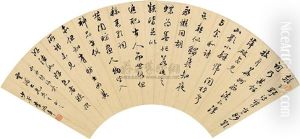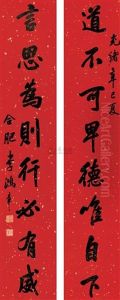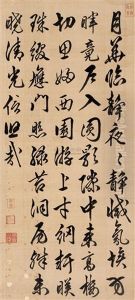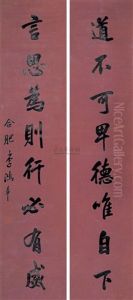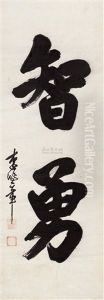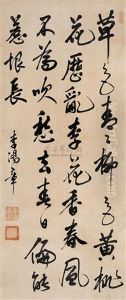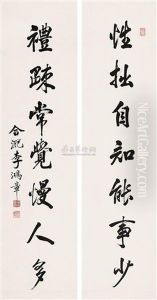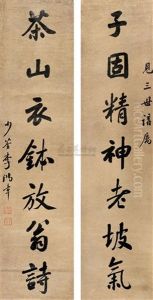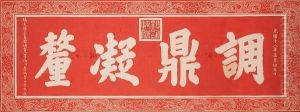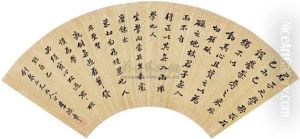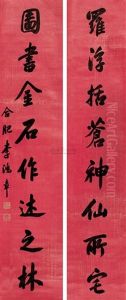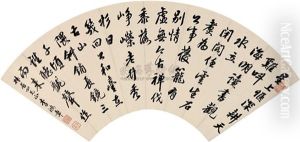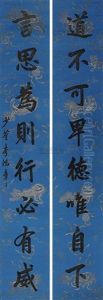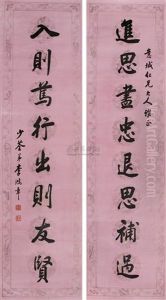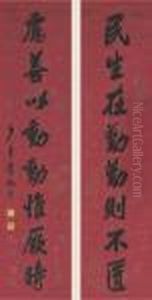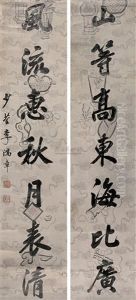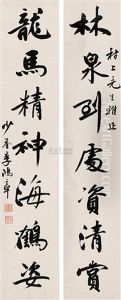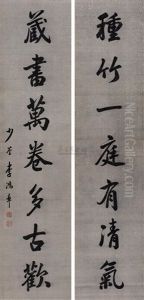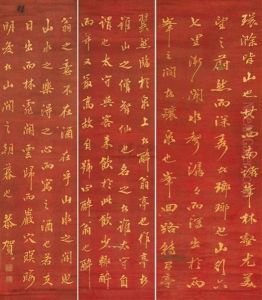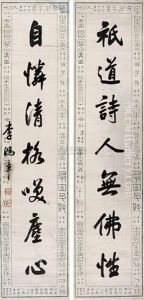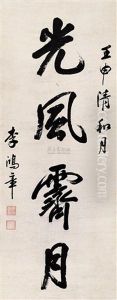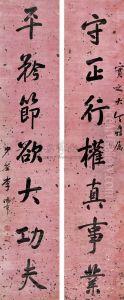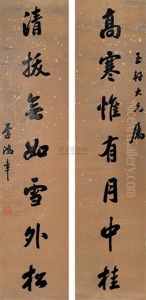Li Hongzhang Paintings
Li Hongzhang was not an artist but a prominent Chinese politician, general, and diplomat during the late Qing dynasty. Born on February 15, 1823, in Hefei, Anhui Province, Li Hongzhang was a key figure in the attempts to modernize China and manage foreign affairs at a time when the country faced significant internal turmoil and external pressure from Western powers.
Li passed the imperial examinations with high honors and entered the civil service, rising quickly through the ranks. He gained favor with the Qing court after his successful military campaigns during the Taiping Rebellion (1850–1864), which was one of the deadliest conflicts of the 19th century. As a reward for his service, he was appointed as the Governor of Zhejiang Province and later the Viceroy of Zhili, a strategic region surrounding Beijing.
Throughout his career, Li advocated for modernization efforts, including the establishment of industries, the building of railways, and the creation of a modern navy, which became known as the Self-Strengthening Movement. He also played a crucial role in negotiating several treaties with foreign powers and attempted to protect China's sovereignty during a period marked by colonial encroachments, such as during the First and Second Opium Wars.
Li's efforts, however, were met with mixed success. His initiatives for modernization were often hampered by conservative elements within the Qing court and the broader challenges of transforming a vast, traditional society. Moreover, his concessions in treaties were sometimes seen as too accommodating to foreign powers, leading to criticism from both his contemporaries and later historians.
Despite these challenges, Li's impact on Chinese history is significant. He was involved in major events of the era, including the signing of the Treaty of Shimonoseki, which concluded the First Sino-Japanese War in 1895, ceding Taiwan to Japan and recognizing Korea's independence from Chinese suzerainty. Li Hongzhang's death on November 7, 1901, marked the end of an era for China, as he was one of the last major figures of the Qing dynasty to attempt reform and negotiation during a time of great upheaval.
Li Hongzhang's legacy is complex; he is remembered both for his attempts at modernizing China and for the failures and shortcomings of those efforts. His life illustrates the struggles of a nation caught between the forces of traditionalism and the pressures to reform and engage with an increasingly globalized world.
